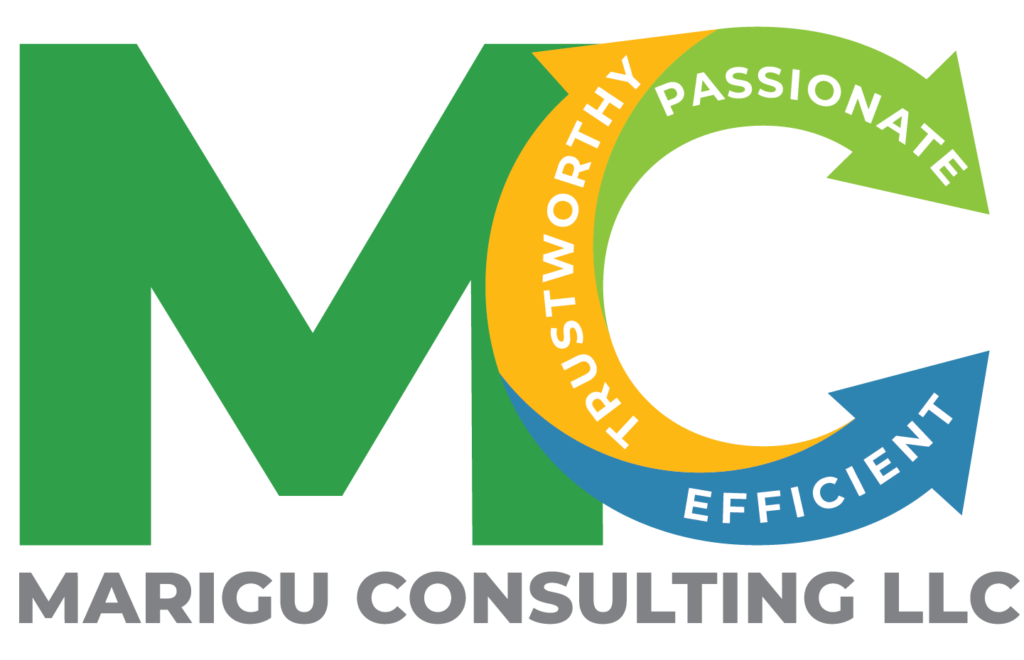Apply for 501(c)(3)/ Non-Profit Status
Do you have a grand idea on service to fellow human beings? Do you want to make a difference in the community while also protecting your assets? The best way to do that is to apply for IRS tax-exempt status. With this exemption, you can raise funds, Access Grants, and attract more donors. The contributions to 501(c)(3) nonprofits are tax-deductible.
A nonprofit organization must apply to the Internal Revenue Service for recognition of tax exemption by filing IRS Form 1023. Form 1023 itself is up to 28 pages long. With the required attachments, schedules, and other materials that may be necessary, it is not uncommon for these submissions to the IRS to be up to 100 pages.
Think of Form 1023 as an IRS examination. Instead of an audit of a tax return, the 501(c)(3) application process is more like an audit of proposed (and previous) activity. It is a thorough examination of the organization’s governing structure, purpose, and planned programs. The IRS is looking to ensure that the organization is formed exclusively for 501(c)(3) purposes and that its programs are designed to fulfill these stated purposes. In addition, the IRS is looking closely for conflicts of interest and the potential for benefit to insiders, both possible grounds for denial.
At Marigu Consulting, this is a process we understand well and have done hundreds of times. Please write us a note if you would like help in this process.
Also visit our frequently asked questions (FAQ) for additional information.
Apply for 501(c)(3)/Nonprofit Status FAQs
Those organizations whose activities will benefit the general public include charitable, educational, literary, religious, and scientific organizations.
Those groups organized as civic leagues, homeowner’s associations, and groups endorsing a political candidate are common types of nonprofits that don’t qualify for 501(c)(3) status.
After you file your articles of incorporation/ organization with your state, file a Form 1023 or Form 1023-EZ with the IRS.
Tip: If you file a Form 1023 or Form1023-EZ with us, your charges include a discount of 1 year free of doing your taxes, Form 990.
Both entities have 501(c)(3) status, but how they get funding differs. Public charities typically get funding through the general public and government. Private foundations usually get funding from a few individuals, a family, or a corporation.
No, but there are many advantages. Incorporating helps protect your assets, build credibility with potential donors, and unlock funding reserved for nonprofits with an official corporate structure.
